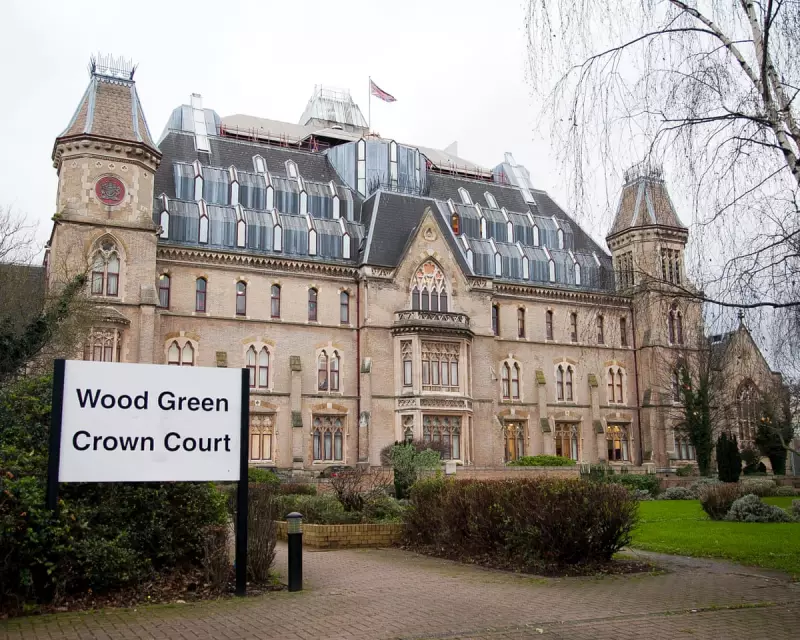
Bar Council Warns Against 'Constitutional Change' to Jury Trials
The Bar Council has issued a stark warning against government plans to curtail the right to trial by jury for thousands of cases as part of a controversial overhaul of the criminal courts. The representative body for barristers in England and Wales believes the proposed new court is a distraction from the real inefficiencies plaguing the justice system.
An Untested Solution to the Backlog Crisis
According to a report, the Ministry of Justice is set to respond next month to the first part of the Leveson review, which includes the potential introduction of a new intermediary court – the crown court bench division (CCBD). This new court would handle certain offences without a jury. The government claims this measure could significantly shrink the massive 80,000-case backlog by 2029. However, Barbara Mills, Chair of the Bar Council, has highlighted a critical flaw: this proposal has not been piloted or thoroughly modelled, leaving its effectiveness unproven.
Fixing Existing Problems Should Be the Priority
Instead of pursuing a major constitutional change, the Bar Council urges the government to focus on the swathe of solvable problems currently crippling the courts. Mills points to several key areas of failure:
- Courtrooms sitting empty across the country despite the backlog.
- Delays in prisoner escort and custody services, causing cases to start late or be cancelled altogether.
- A systemic lack of basic resources that riddles the entire process from start to finish.
The Bar Council argues that the criminal justice system is not in crisis because of jury trials. It calls for the government to first test efficiency reforms to the existing crown court estate, prisoner transport, and court technology. At the very least, Mills states, the proposed CCBD should be properly modelled and piloted before doing away with a longstanding tradition of jury trials, a move that could further erode public trust in the criminal justice system.





